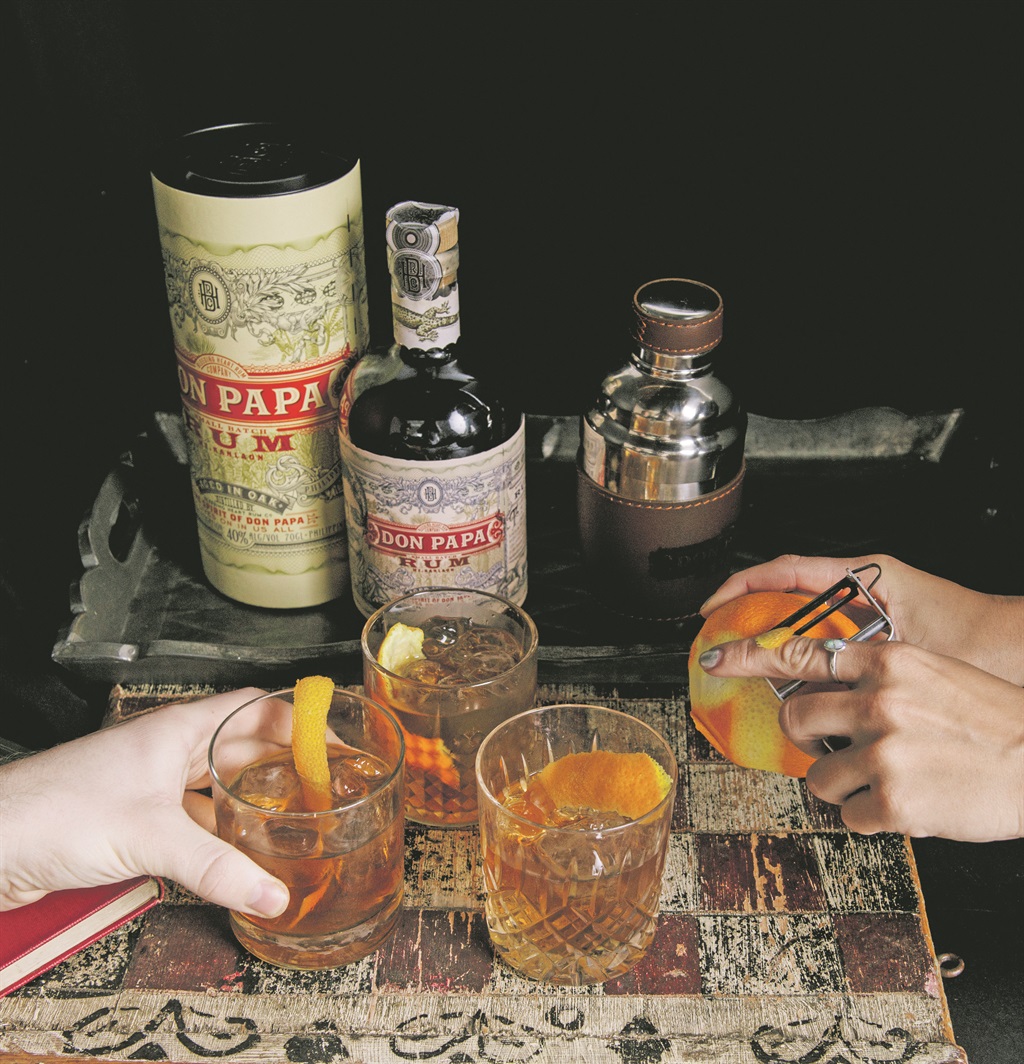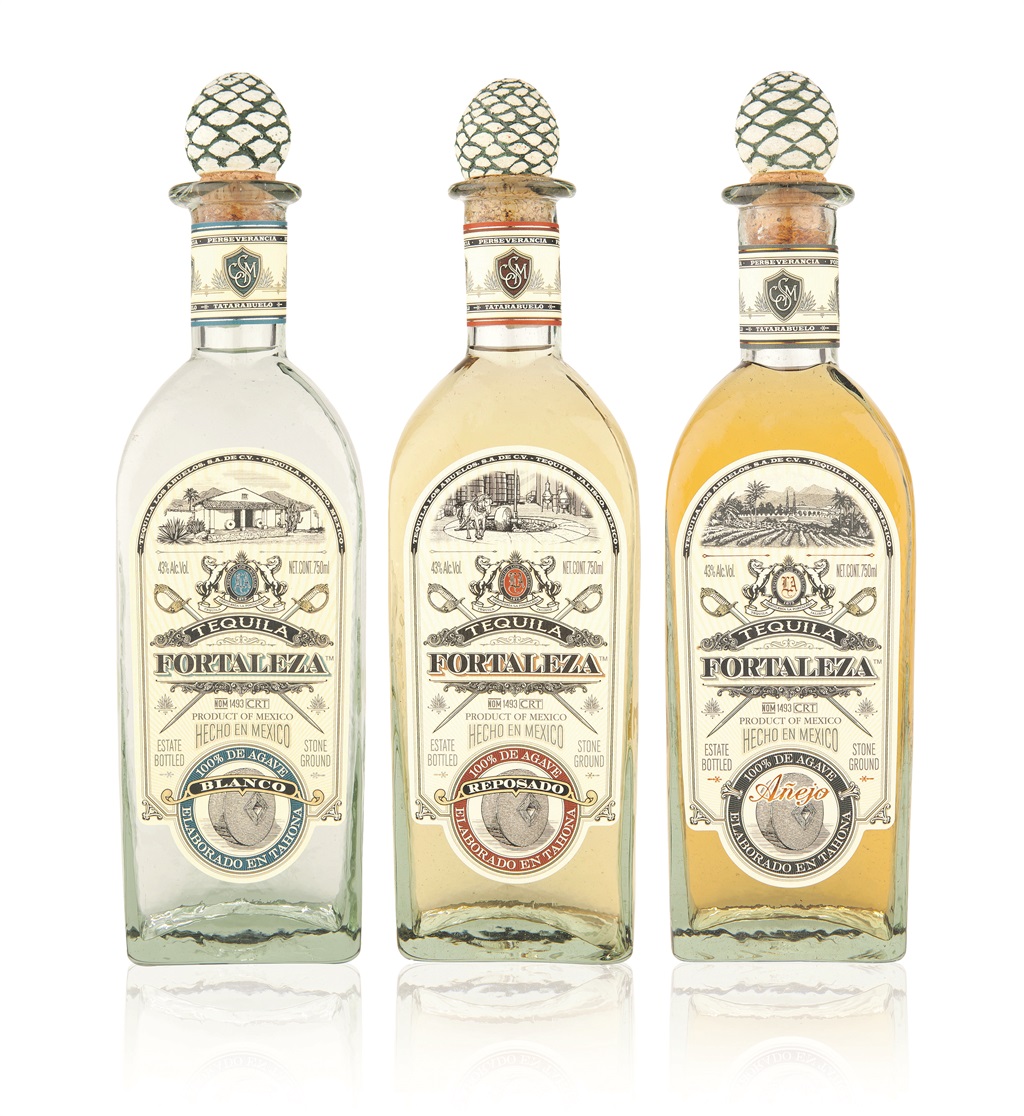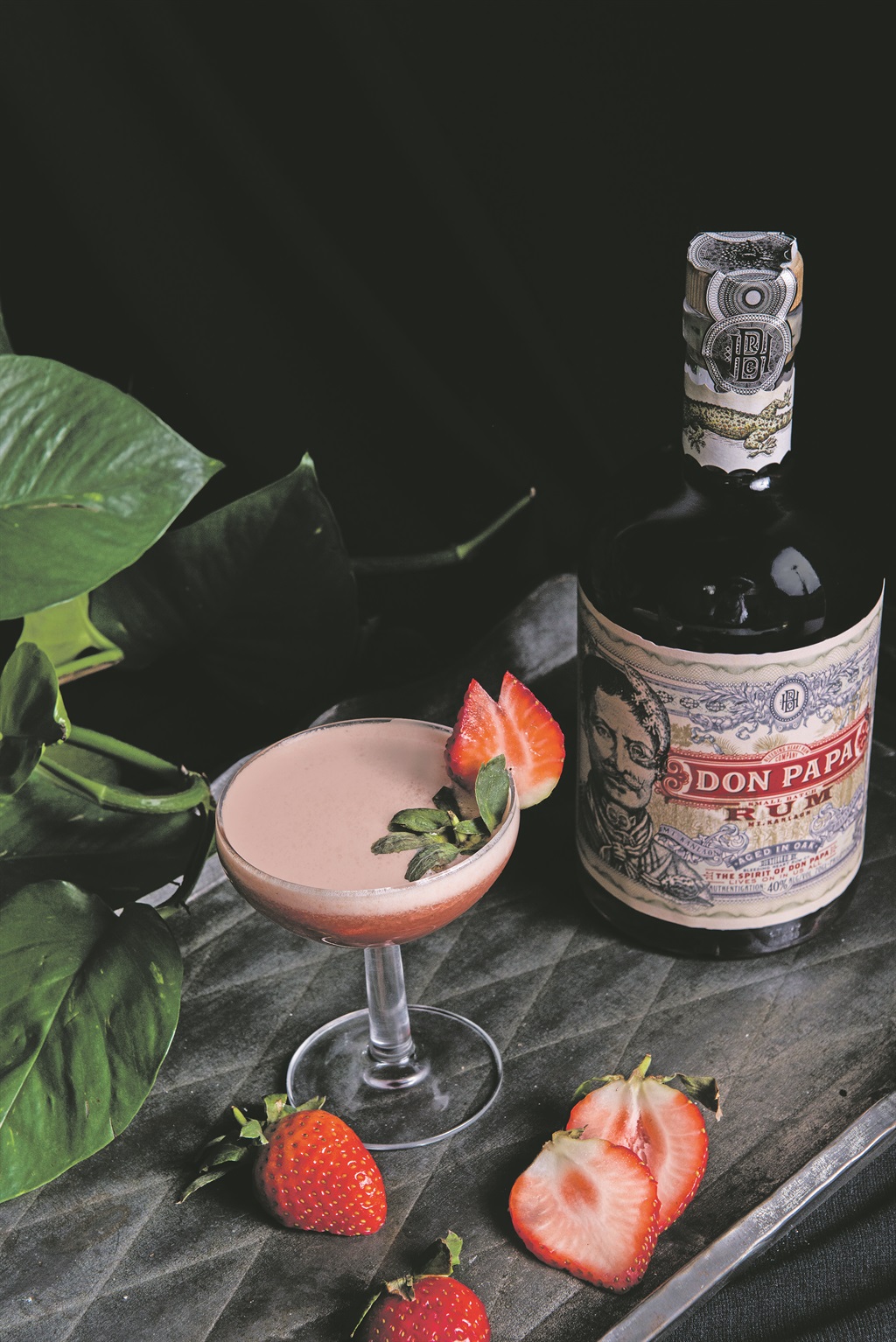
We don’t have to go back many years to remember a time when women were seen and certainly not heard. There were myriad spoken and unspoken rules about what was and wasn’t suitably feminine. Women wore dresses and skirts, not pants. They could be nurses, never doctors; typists, never managers. They sipped bubbly, not beer – and never spirits.
Now the boundaries between male and female are increasingly blurry and significantly less important.
As women’s needs are increasingly heard, so spirits have become part of the everyday drinking occasion – and not just for women, but for everyone.
Says Rowan Leibbrandt, owner of Truman & Orange premium drinks company: “Stereotypes enforce rules and as the stereotypes break, they create space for innovation and for new products that are more relevant to our lifestyles. It’s exciting to see spirit products catering for women and pulling them into the category in a way they haven’t in the past.”
Today the story behind the alcohol is almost as important as what is in the bottle. It’s no coincidence that the need for more detail – the human story behind brands – has emerged as women have found their voices. It’s no longer enough to market tequila, for example, in terms of the quality of the liquid and how it’s produced. Today’s drinkers want the human story: they want to know that Fortaleza, for example, is made in the town of Tequila, Jalisco, in Mexico. Although beautiful packaging and quality alcohol are non-negotiables, the product has reached such popularity, in part, owing to the story behind it. It is made in the small, family-owned distillery on the slopes of an extinct volcano among maturing blue agave plants. It is here that fifth-generation tequila maker, Guillermo Erickson Sauza, makes tequila using the same production methods employed by his forefathers.
Even packaging is responding to the inherently female love of storytelling: it’s more intricate, highly designed and capable of telling a more complete tale than the clean, starkly packaged vodkas of the 1990s, for example. Cutting-edge brands like Don Papa Rum, for example, are packaged thoughtfully, providing the layering and complexity demanded by today’s educated and enquiring drinkers. Fortaleza’s packaging story is equally compelling: originally called “los Abuelos” (meaning “the grandfathers”), the Sauza family’s tequila couldn’t be called by that name because of a trademarked US rum brand of the same name. Thumbing their nose at the issue in typical Spanish defiance, the Sauza family engrave “Los Abuelos” on to each bottle of tequila, then place the Fortaleza label over the engraving. Today’s drinkers respond to that kind of authentic human story more than they would to the clean, overly designed bottles of the 90s.
Leibbrandt believes because women are playing a greater role in drinks, it is not only influencing the need for authentic stories behind the drinks and interesting packaging, but it’s also catalysing more innovation across more drinks categories. He says: “While, traditionally, men drink beer and move on to wine or Scotch as the evening progresses, women are more comfortable drinking across a wider repertoire. They might start with a glass of bubbly or wine, move on to a gin and tonic and then enjoy a few cocktails. Their drinking behaviour has meant that women have initiated the demand for innovation right across categories.”
He says the food occasion is much more important than it used to be when it comes to drinks. Previously, bars were for drinks and restaurants were for meals and wine. Today’s restaurants often include bars and a range of drinks and cocktails, largely thanks to female demand for them.
Although women might have initiated the rising popularity of white spirits, it’s not only women but also the emancipated men of today who will happily enjoy a G&T. Brands such as Malfy Italian Gin are designed to be unisex, while Aviation Gin, for example, could not be more masculine in its appeal – neither could its endorsement by Canadian actor and film producer Ryan Reynolds.
Taking it a step further than men and women enjoying a G&T, there is a burgeoning cocktail culture that might have started in bars and spread to restaurants owing to female demand but which today’s curious, experimental drinkers of both genders are happy to take into their homes too. The quality alcohol available, often infused with citrus such as Malfy Con Limone, makes producing a beautiful gin-based cocktail at home perfectly possible. Brands like Aviation offer many manly cocktail recipes.
The spirits of today seem finally to be catching up with our lifestyles and isn’t it a great sign of progress that the world responded to women’s needs, leaving men to follow suit?
- For more information, visit trumanandorange.com




 Publications
Publications
 Partners
Partners












